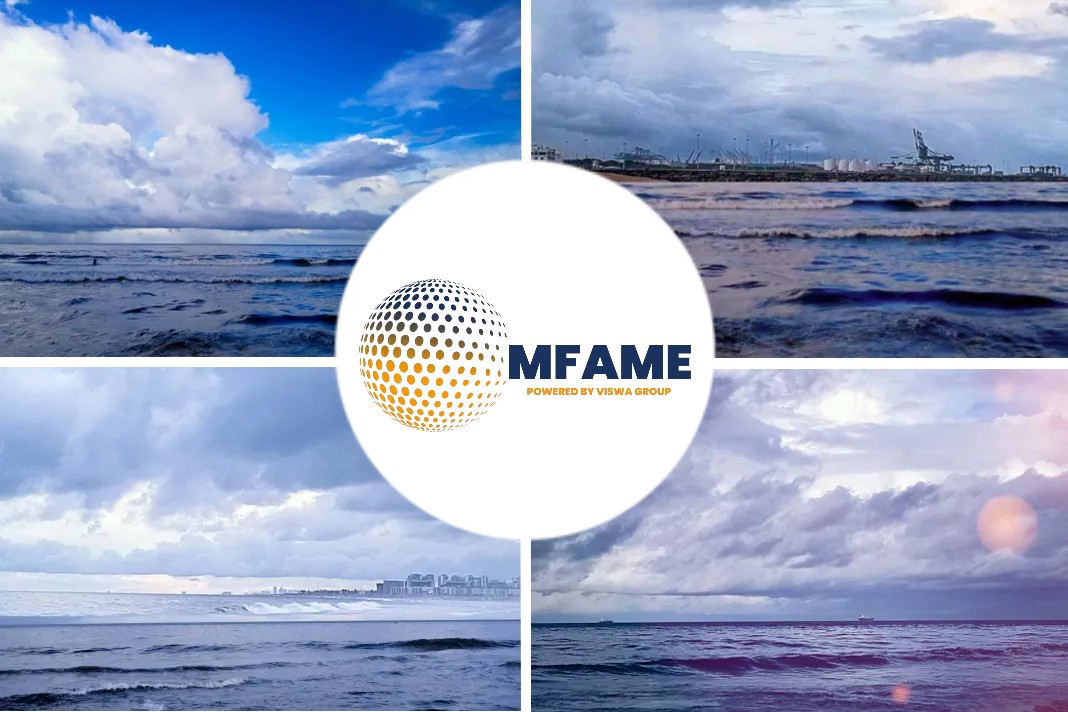
- Our ambitions have to be as big as the challenges.
- When the world is changing for all of us, we cannot stay doing the same things we used to do.
- These include green ammonia and green methanol, including in Morocco, Colombia and Brazil; and hydrogen in Namibia.
- We are at a critical time for energy policy and energy politics.
On November 10, IMO, UNCTAD, IRENA, and the World Bank hosted a COP 27 side session to examine prospects for poor countries in the development of renewable fuel for the maritime sector as reported by Safety4Sea.
International shipping
Decarbonization of international shipping, according to IMO Secretary-General Kitack Lim, “needs a rapid shift from today’s overwhelming usage of fossil fuels to zero-carbon alternatives.”
In a similar vein, James Mnyupe, Namibia’s presidential economic adviser, said: “We need to prioritise the decarbonization of challenging industries like shipping.”
According to Diego Pardow, Chile’s Minister of Energy, Chile is another nation that is prepared to aid in the decarbonization of the maritime industry by supplying future fuels with its plentiful renewable energy.
Ambitions
What is more, Brazil has a long history of producing biofuels (ethanol), with big ambitions to do more, said José Firmo, CEO, of Port of Açu, Brazil.
“Our ambitions have to be as big as the challenges. When the world is changing for all of us, we cannot stay doing the same things we used to do. This is a big challenge – but also a major opportunity”
According to Nicolas Peltier, the World Bank’s Global Transport Director, the World Bank is actively involved in studies and programmes to build green energy projects. These include green methanol and green ammonia, which are found in Morocco, Colombia, and Brazil, respectively, as well as hydrogen in Namibia.
The goal is to use the decarbonization of shipping as a boost for nations’ aspirations to become significant suppliers of green fuels.
Necessity for action
Additionally, the necessity for action means that the energy transition must be completed in a matter of decades, with the majority of investments in land-based infrastructure going toward decarbonizing shipping. In fact, Lynn Loo, CEO of the Global Centre for Maritime Decarbonisation (GCMD), Singapore, emphasised the necessity of addressing safety concerns with regard to fuels like ammonia and cited pilot studies that examined the lessons learned from pilots to illustrate bunkering of ammonia.
“We are at a critical time for energy policy and energy politics. The future hinges on investing in non-fossil fuels. This is a great opportunity for developing countries with solar, wind, thermal, hydro or biomass energy. Innovative financing mechanisms will be needed”
said Ms Rebeca Grynspan, Secretary-General, UNCTAD.
Shipping transition
Finally, all speakers emphasized the need for collaboration and cooperation to achieve the shipping transition. Secretary-General Lim highlighted the wide range of projects and a knowledge partnership mechanism that brings together IMO’s maritime expertise and an unrivalled global network, with partners providing experience, investment and financial expertise, other resources and in-kind support.
“Collaboration and partnerships will help us in finding solutions to the issues we face today and IMO, as the leading global forum to regulate international shipping, will continue to support the decarbonization journey and promote a just and equitable transition to zero-carbon shipping, leaving no one behind”
Mr Lim concluded.
Did you subscribe to our newsletter?
It’s free! Click here to subscribe!
Source: Safety4Sea















